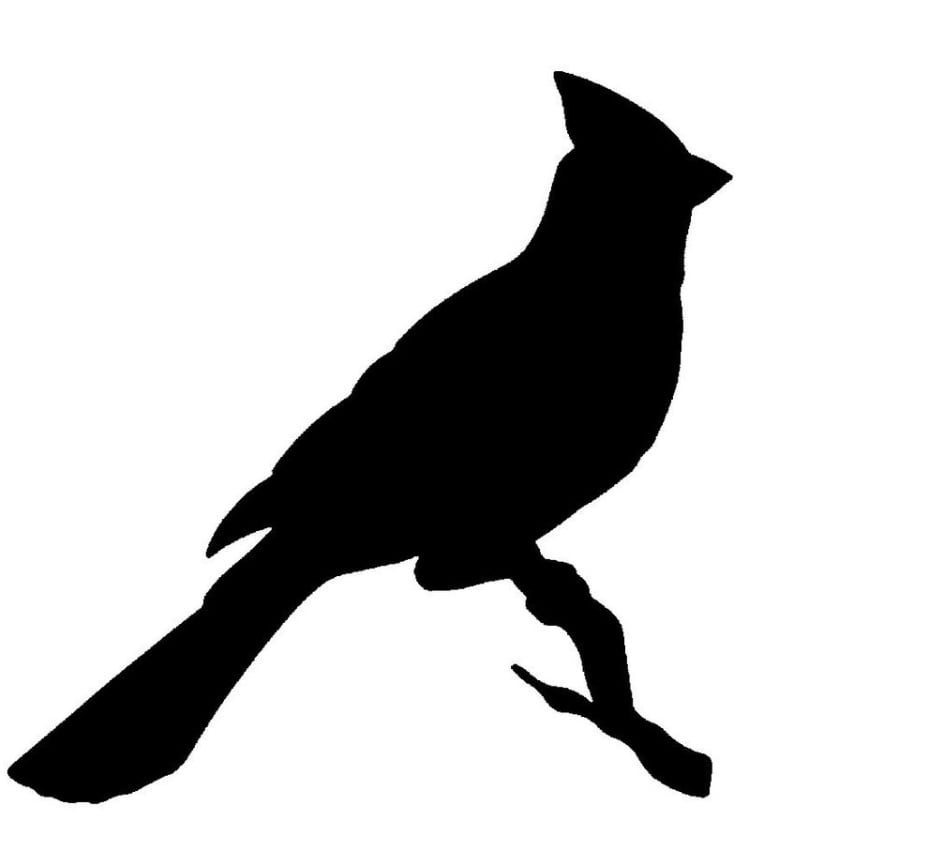I’ve become aware, as I get older, how my initial emotional reaction to conflict isn’t always fair and is usually pointed backward, defensive and angry. I also know that I do better if I have time alone to process how I’m feeling, and often by the time I’m done things have moved on.
What I’ve been working on is to stop using excuses - the moment has passed, I’d just be dredging up the same argument, I’ve had this conversation in my head a bunch but they never turn out exactly right - and just go back to the people involved and tell them how I feel because they deserve that effort. There have been disagreements I’ve had where I wasn’t in the wrong but the other party did something I can admire and appreciate, and it doesn’t hurt me any to say that.
And it never ends with what I imagine is “argument perfection”: a point by point discussion of intent and action and history. Which is silly because life is messy but it gets better and I and others grow more patient and willing to move forward if I’m not always bracing for a blow.
That’s…probably a bit confusing, but it’s been something I’ve been mulling over, so…what personality traits of yours are you working on?


deleted by creator
It is definitely tough to shed that sense. Growing up knowing I was “weird” and therefore bad (no, it was just undiagnosed autism, but I was an adult before I knew that and that element of myself had long since been solidified) meant that if I wanted people to like me then I had to give more than they did in order to just break even, which is exhausting and unfair, especially since I have a tendency to read neutral expressions as negative ones.
One thing that has helped me is the realization that that happy feeling I get when someone came to me for help and I helped them? Goes both ways for good people. And it sucks for them, too, if you’re suffering and they could help but you were afraid to ask. Having standards is both a defense of yourself and a means of determining which people should stay prominent in your life.
Holy shit. I was weird too. I still am. I feel like I’m pretending to be normal 24/7. I observe people’s behaviors in an environment, take an average and just go with that. The only time I am genuinely myself are the times when I’m heavily drunk. Which is tempting but knowing that’s how alcoholism begins I don’t do that either. Weirdly, when I’m not drunk and try to be myself, I offend people or get offended. Just put my foot in my mouth somehow.
Yeah, that realization helped a bit, when my friend was in a rut and I had to spend hours just to convince her to let me help, it dawned on me. I do this as well. I shouldn’t. It still feels really hard to accept help.
Thanks for the insightful response. I have a question and I don’t want to offend you. I talk to people online, and lurk autism subs, and I relate to so many things. Like you just said, I tend to read neutral expressions as negative. If that’s a symptom, then I have it, if not we’re awfully similar. I have never been the one to armchair diagnose myself over the internet but I don’t know what kind of conversation I should have with a healthcare professional. I don’t know if it’s ok to just go “hey, I suspect I am on the spectrum.” Were you diagnosed when you were an adult and how did the process go? Thanks in advance.